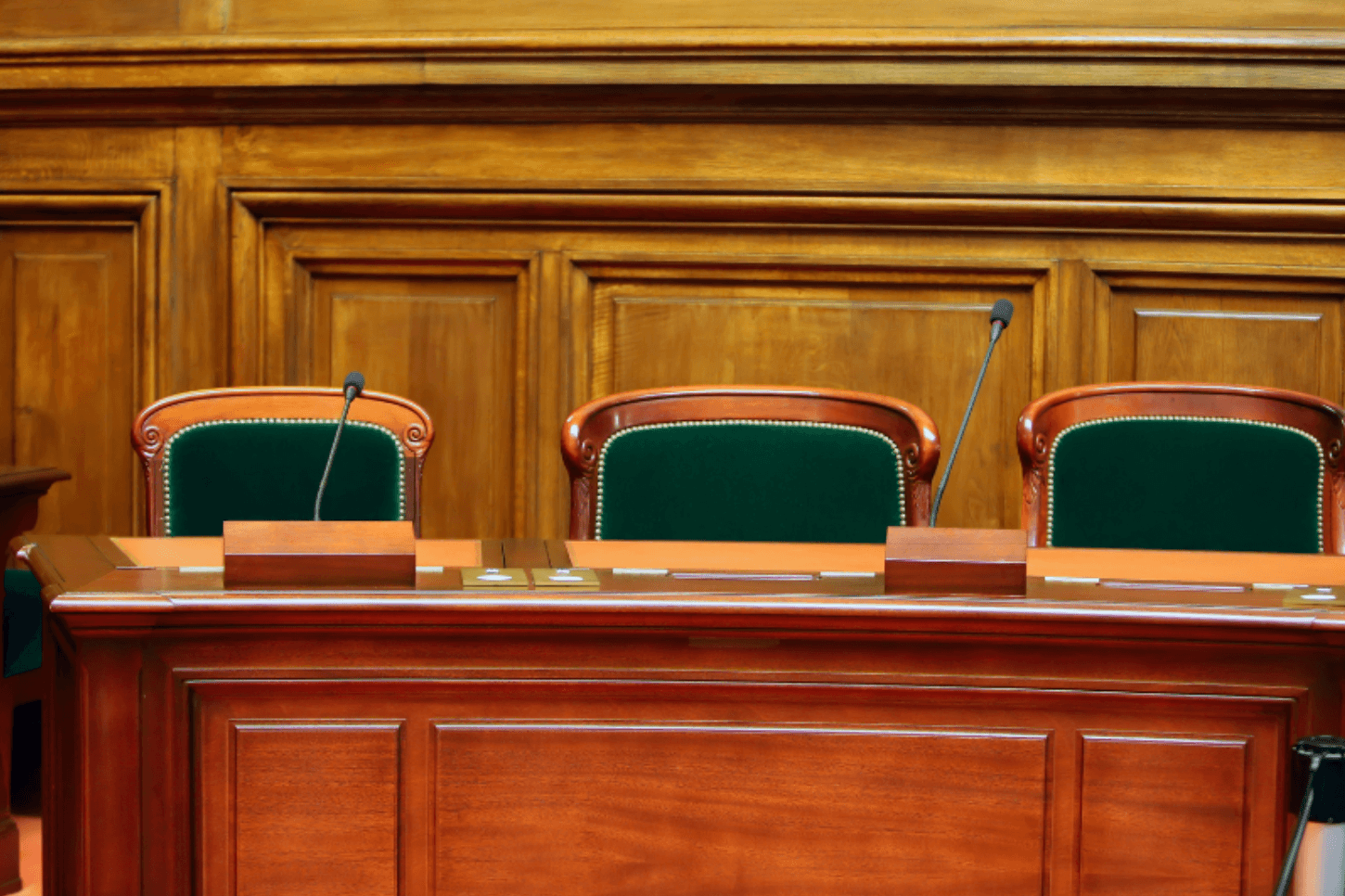
Funding Your Future: Gifted Deposits Explained
22nd August 2025

When purchasing a property, your solicitor will ask you to prove your source of wealth (where your deposit funds have originated from) and your source of funds (where your deposit funds have been held or invested). We see a common theme with clients who are lucky enough to be gifted deposit funds by the Bank of Mum and Dad or other generous family members, in that they do not disclose the funds as a gift if they are already in their bank account when they come to purchase a property. Here at MSB, we try to cut through the legal jargon and talk to clients in more simple and digestible terms, because you don’t know what you don’t know, and most clients with gifted deposits are first time buyers who are new to the process and trying to find their feet in a sea of paperwork.
Let’s break it down. If you are providing a deposit towards a purchase and the funds have been accrued over time from your own salary or funds from your salary you have invested and made a return on, those funds are personal savings. If you have received funds from any family member and those funds will be used towards the purchase of your property, this is a gifted deposit from a donor; even if the funds have been sat in your bank account for a period of time, and even if you have since invested those funds. Once this has been established, we then need to carry out the same source of funds and source of wealth checks against your deposit donor. We will need to carry out an electronic ID and anti-money laundering (AML) check against each donor and analysis their bank statements. We then put our findings into a source of funds and source of wealth report which forms part of the risk assessment the Solicitors Regulation Authority (SRA) requires us to complete on every file. The report will demonstrate that we have been able to find a clear source of wealth for each person providing funds in the purchase of a property, and that we have been able to follow a clear paper trail of how and where those funds have been held in investments and bank accounts. We start by analysing bank statements for the last 6 months and then may ask clients and donors to provide additional bank statements if we can see funds moving into their bank account from another source, or if the source of wealth cannot be established within the last 6 months.
We understand that clients and donors can find this process to be intrusive and often consider it to be unnecessary, but it is actually a requirement of any mortgage lender, as well as the SRA and our obligations under The Money Laundering, Terrorist Financing and Transfer of Funds (Information on the Payer) Regulations 2017. Did you know that your conveyancer/solicitor can be personally prosecuted if they fail to comply with these regulations? Now I’m all for going above and beyond for clients, but I draw the line at prison time!
Here are some helpful tips to make the process of complying with the AML checks that bit smoother and less stressful:
· Be upfront and honest with your mortgage broker about the original source of your wealth. They can disclose the gift to your lender at the time of making the mortgage application and it will be recorded in your mortgage offer. This will save your conveyancer the time of having to report it to your lender and having it approved further down the line.
· Ask your donor about the original source of their wealth. If they have sold a property, we will need to see evidence of the sale proceeds received from their solicitor. If they are lucky enough to have retired and received a lump sum from their pension, we will need to see a letter from their pension provider to confirm the balance of the lump sum received. If they have inherited funds from a family member of friend, we will need to see evidence of the balance paid from the deceased’s estate.
· Tell your donor in advance that they will need to complete an ID and AML check and what that entails. This will save your conveyancer the time of having to make repeat requests to your donor to provide their ID and documentation and will avoid delays in completion if we are able sign off your source of funds and wealth before the end of the transaction.
· Be mindful that source of funds and source of wealth checks are ongoing, so your conveyancer may ask you for additional documents throughout the transaction.
· Your conveyancer will need to have signed off your source of funds and wealth and finalised their report before they can accept any deposit monies from you, come the time of completion of your purchase.
· Don’t redact your bank statements, as we need to be able to analyse the activity in your account. We don’t care how many ‘cheeky Nando’s’ you’ve been for or how often you frequent the KFC drive thru’. We’re looking for Pablo Escabar, not Colonel Sanders.
· Disclose your gifted deposit at the time of obtaining a quote for conveyancing services. This will enable our team to send you an accurate figure for our services and issue some additional instruction forms to you at the earliest opportunity.
Above all else, please remember that your conveyancer is there to support you through your journey of purchasing your home. Nothing we do or ask you for is in a bid to make your life more difficult and it certainly isn’t a delay tactic. We’re trying to protect your interests, guide you through this complex process, and achieve the common goal of giving you that leg up onto the property ladder and getting you settled into your new home.
Author

Services
Residential conveyancing
First Time Buyers
Buying your home
Share








